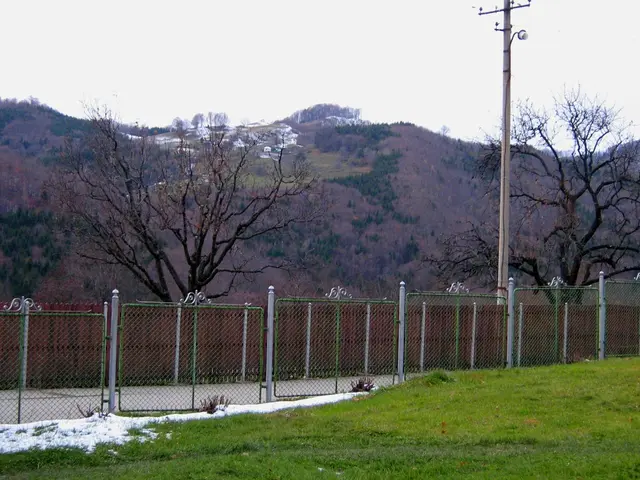Government shells out over 60 million euros to cover flood-related losses - State expenditures for flood-related repairs exceed € 60 million
Bavarian State Allocates Over 60 Million Euros for Flood Damage Recovery
In the aftermath of the devastating floods that struck Southern Germany last year, the Bavarian state government has already dispensed more than 60 million euros in aid to those affected. The government initiated a quick aid program, which could potentially reach up to 200 million euros, to address uninsured damages resulting from the June 2024 floods.
Finance Minister Albert Füracker (CSU) reported that over 14,200 applications for immediate aid from private households had been submitted, with over 36.4 million euros allocated to those affected for household items and building damages. Moreover, over 2.1 million euros had been distributed through more than 500 hardship fund applications.
A separate aid program catered to farmers, horticultural businesses, and professional fishermen. Approximately 1,500 applications were received in this category, with 21.9 million euros already paid out to 1,353 businesses.
For non-agricultural companies and freelancers, additional assistance is available, with 156 applications having been processed, and another 132 still under review. Around 1.5 million euros have been handed out.
To minimize future flooding, the Free State plans to continue investing in flood protection. Since 2001, around 4 billion euros have been devoted to flood protection projects, and further investments in the billions are planned until 2030. These funds have been used to construct over 190 kilometers of dikes, 70 kilometers of flood protection walls, and renovate 340 kilometers of dams.
In addition to technical flood protection measures, the program includes natural projects such as the restoration of wild streams and the creation of floodplains. Environmentalists advocate for a shift in focus away from controversial polders and dams, preferring a landscape redesign that encourages the soil to absorb more water. They emphasize the importance of recreating traditional floodplains, often destroyed during previous river engineering efforts.
While specific post-2024 flood investments are not detailed, Bavaria continues to prioritize climate resilience by enhancing critical infrastructures and protecting against extreme weather events. Challenges remain, such as the lack of sufficient water for rewetting large areas, which complicates the implementation of flood protection strategies. Adaptive measures that combine engineering solutions with natural ecosystem restoration are likely to remain a focus in the face of increasing climate-related events like floods.
- The Bavarian state government's employment policy includes allocating resources to sectors affected by climate-change, as evident in the over 60 million euros invested for flood damage recovery.
- In the realm of science, the understanding of climate-change is essential for devising effective employment policies, such as the one applied to post-flood recovery in Bavaria.
- The industry sector, including but not limited to real-estate and residential construction, has been significantly impacted by the floods in Bavaria, necessitating employment policy adjustments to assist in recovery.
- The government's employment policy for farmers, horticultural businesses, and professional fishermen aims to support the industry, a key sector in environmental-science, in the aftermath of the floods.
- Bavaria's long-term employment policy includes substantial investments in flood protection, aligned with the priority of shielding the economy from the adverse effects of environmental challenges like climate-change.








